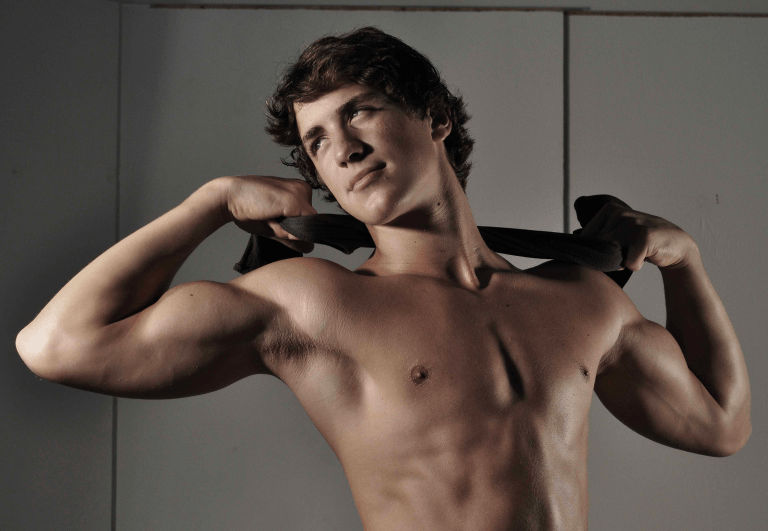Editor’s Note: This article is purely satirical and fictitious. All attributions in this article are not genuine, and this story should be read in the context of pure entertainment only.
On the Oct. 12, 1815, I made the acquaintance of one doe-eyed John Keats, a fresh graduate and budding aesthete, already well-equipped with the reflective passions that would later propel him to posthumous fame. Mr. Keats and I became not only poetic contemporaries but close friends, and I found him to be as emotionally versatile and vast of intellect as his poems would later confirm. Indeed, I can proudly affirm that history has treated Mr. Keats well, remembering his sanguine wit, his explorations into subjectivity and, perhaps most importantly, his penchant for luminous verse.
What history does not remember, however, is that he was also stupidly hot. Standing at just under five feet tall, his cherubic, ruddy face concealed a raw sexual virility that could make a Spartan tremble in his breastplate. I recall our first night out together, when he threw back seven glasses of moonshine and announced in perfect ballad meter, “Let us go out and lift our breech / Till all the ladies screech.”
He then lathered himself in petroleum and introduced himself to every woman, and several men, at the local tavern. A queue quickly formed to inhale his pheromones, and a ticketed viewing booth was established by the window. Mr. Keats did not mind the attention, quipping, “Slay not the fire / Of sweet-lipp’d Desire.” I am told that the use of the word “slay” in conversation subsequently increased by 1,200%.
On several occasions, Mr. Keats’s aura made appearances difficult. At a literary convention in London, Percy Shelley dropped to his knees and publicly wondered what earthly benevolence created this man, as if God had meticulously assembled perfect individual body parts into one flawless specimen. The experience drove his wife Mary to author the now-popular “Frankenstein.“
Mr. Keats, smiling through his steel fillings, airily remarked that he was merely “rollin’ with it.” When asked to elaborate, Mr. Keats, stratospherically high on opioids, replied, “I’m goin’ to Nirvana,” prompting a new wave of colonial exploration. As he spoke, audience members clambered over one another to swallow the spittle dripping from Mr. Keats’s mouth.
Afterwards, I did not see Mr. Keats for several months, during which he took up yarn spinning and invented Playboy magazine. The next time we spoke, I myself was engaged to be married to a beautiful lady named Regan Twill, whom I brought to our meeting. He grasped her hand with his meaty palm and said, “Your eyes shine bright like morning sun / Your lips are cherries, I shall pick,” which to my ears was the poetic equivalent of alley sewage. She did not seem to mind, however, pushing me into the Thames and giving me the finger as I fell.
Alas, Mr. Keats’s time as the British Empire’s most eligible bachelor was bound to come to an end. Men across the country were refusing to marry, citing debilitating body dysmorphia. Some experimental height-reducing surgeries had become popular, but they were quickly outlawed. Thus he made the difficult call to settle down, marry and focus on his poetry — perhaps fortuitously so. The last I heard from Mr. Keats was when he told me in a letter that he had moved to Italy, where not a single man or woman found him even slightly attractive. He died soon after.
